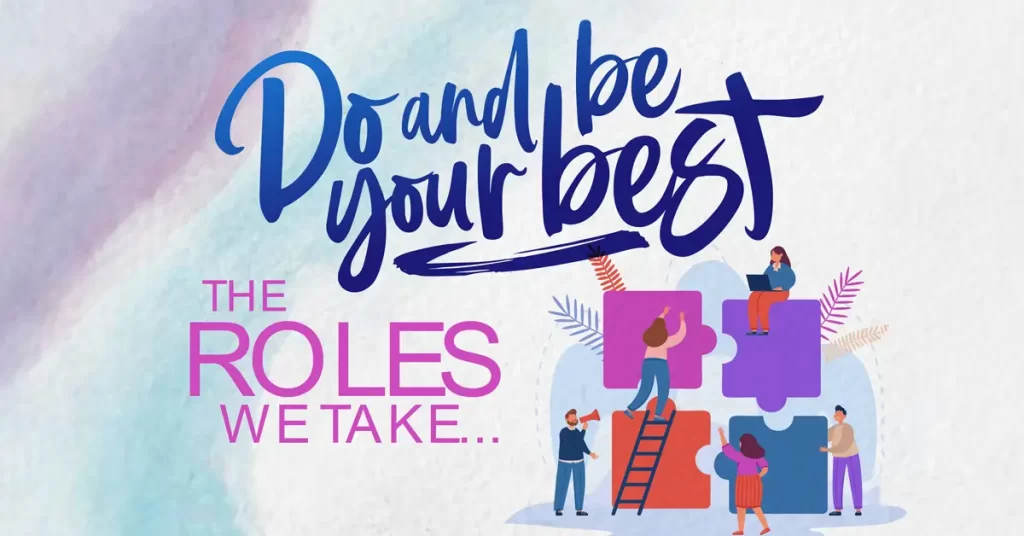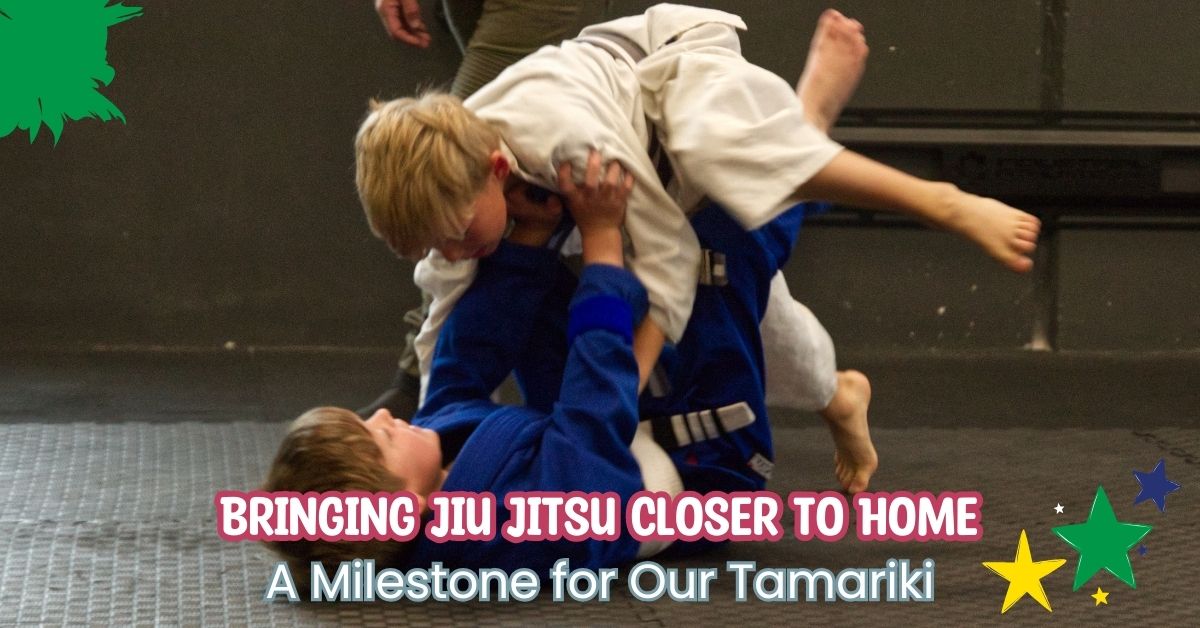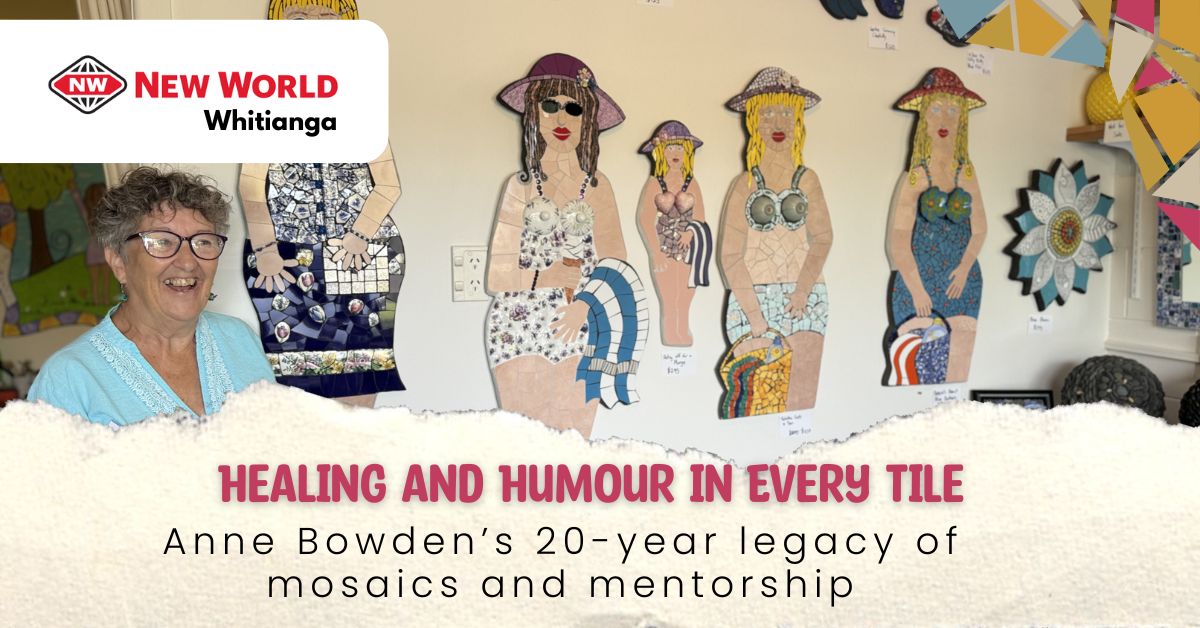
The Roles We Take
Ever wondered where you fit in your organisation, be it a business, a club or any group of people with a specific focus? Do you want to make a difference, sort out the problems, get everything perfect? And have you ever noticed that while you want to be influencing others, the ‘others’ seem more focused on just doing their job and are not very interested in the exciting changes you think they could be making?
If you’re nodding as you read this and could add a few more examples of your own, chances are you’re in a ‘Medicine Man’ role. And if that catches your attention, read on.
When a group of people agree to work together or take on a task, clear roles often emerge. Some people naturally gravitate to, or claim, positions of power. They like to take charge, call the shots and get things done. They may be quite good in this role; they may see the bigger picture and enjoy energising and inspiring others to help achieve the group’s goals. We could call these people ‘Chiefs’ and provided other members of the group are happy to be led or directed, things go just fine.
However, if there is not a general acceptance of this claim to power, the group will move into flight, fight or submit mode. Members will either leave the group, challenge the leader or grudgingly submit and do what they’re told but no more.
And what do we call the other members of the group? We could call them ‘the Tribe’ – good people with a range of skills and qualities but not perhaps as ambitious or driven to lead others or be a Chief. They often prefer having a Chief, or at least knowing that there is one, as this sees them feeling safe and reassured that all will be well; the big decisions (and the hard ones) will be made by the Chief (albeit possibly after consultation with the Tribe) and the members of the Tribe can get on with what they’re good at and love doing.
Over time, a system builds up, consisting of one or more Chiefs (perhaps at different levels and with different areas of responsibility) and several Tribes, each with an assigned role or purpose. Ideally, these Chiefs are loyal to their respective Tribes, because without their Tribe, they have nothing or no one to be the Chief of! The Tribes become part of the system, do what’s expected of them and demonstrate loyalty to their Chief.
So far, so good, but where does the Medicine Man role fit in? The answer is, ‘It doesn’t’. More accurately, it sits alongside the Chief/Tribe system, where it can see the whole system: what’s working well, what not so well and what could be done better. The person in this role sees the Chief/Tribe system in its totality and wants to care for it, love, heal it, develop it and support it so it achieves its goals. The Medicine Man wants the best for the Tribe and for the Chief. Not an easy role!
And whose side is the Medicine Man on: the Chief’s or the Tribe’s? The answer is both! The Medicine Man must have the Chief’s mandate to work with the tribe. Without that, he is a huge threat to the Chief; he must be, in a way, on the Chief’s side. But he must also stand for the Tribe and their needs;
he can hear them in a way that the Chief can’t; he can love them, ensure they are seen as people, as contributors to the whole, as the lifeblood of the organisation. And he can represent them to the Chief in a way that they can’t always represent themselves. He can speak the language of both groups and help them work together in harmony.
So, where do you fit? Are you a Chief, a member of a Tribe or a Medicine Man? Give it some thought.
Notes:
- The language and concepts used in this article have their origins in a range of indigenous societies around the world and are used with acknowledgement of and respect for their origins.
- Apologies for the highly gender-specific nature of this article; we’re working on it!
©2023 Potential Development Ltd. Based on the book “Medicine Man Chief” (Amazon) by Renier Greeff and Trevor King.
Help us take Coromind Magazine to new heights by becoming a member. Click here






